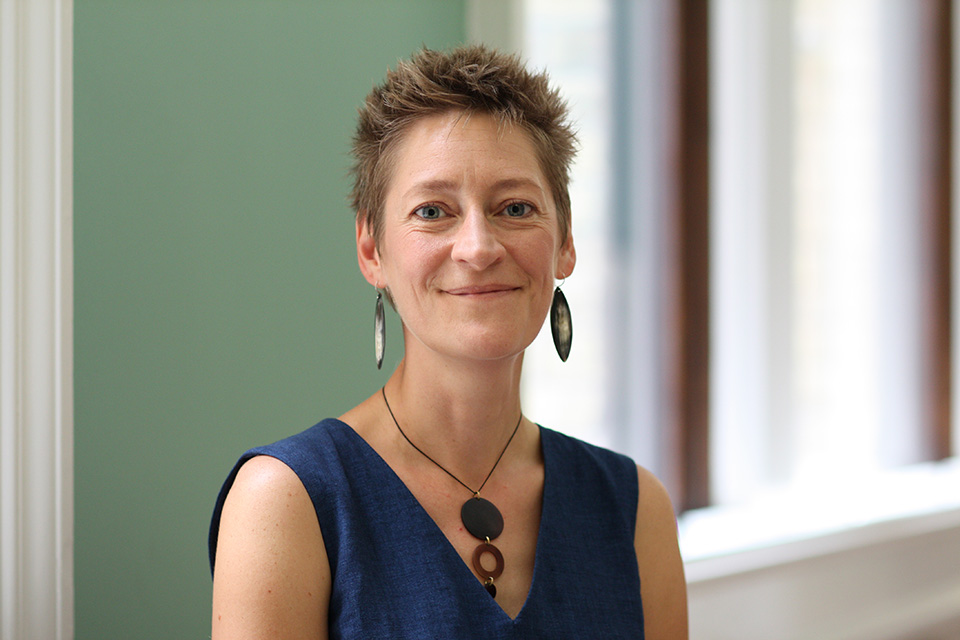Address for Commonwealth Marine Economies Programme Workshop: Indian Ocean
British High Commissioner Caron Rohsler opens Indian Ocean Regional Workshop in Seychelles, 5 December 2016.

Principal Secretary for the Blue Economy, conference delegates, thank you for coming to this, the second of three regional consultation workshops in the UK’s Commonwealth Marine Economies Programme.
The first of these regional workshops took place in Fiji just a few weeks ago. We, in the Indian Ocean region, are the second. And the Caribbean conference will take place in January.
The programme was announced by the British Prime Minister at the Commonwealth Heads of Government meeting in Malta in 2015, a multi-year initiative to help Small Island Developing States in the Indian, Pacific and Caribbean oceans to build resilience to climate change, support sustainable growth and prosperity, increase trade and improve marine resilience.
Addressing the interplay between oceans, climate change, and economic growth is at the centre of the programme. It is a tangible demonstration of the UK’s commitment to SIDS who are perhaps the most vulnerable to maritime risks, but also well-placed to benefit from the growing Blue Economy sector.
£5.6 million was allocated for the first year, and a pilot country was identified in each region. For the Indian Ocean that country is Seychelles – a recognition of the already well-developed policies and plans Seychelles has in this area, in large part thanks to the vision of former President James Michel.
I would also like to recognise Minister Jean-Paul Adam, who is now Minister for Health and Social Affairs, for his leadership. He and his small but dedicated team at the Ministry of Finance, played an important role in developing the Blue Economy in Seychelles. His strategic vision, drive and commitment have put Seychelles at the forefront of this issue internationally. He spearheaded the Blue Bond, and has been a leading advocate among the SIDS group on access to finance and the vulnerability index. I know that Minister Adam will continue to give his support to this.
The portfolio has now been elevated to the responsibility of the Vice President, Vincent Meriton. A sign, I am sure, of just how much the Blue Economy is regarded as an important pillar of the future economy. And also a demonstration of the value of cross-government understanding and co-operation are in delivering a Blue Economy.
On Saturday, both the Vice President and Minister Adam attended the launch of a UK-funded Blue Economy internship programme, demonstrating the high level of commitment and enthusiasm there is for ensuring that young people are well-prepared to benefit from the new opportunities we think and hope a Blue Economy can create.
The Indian Ocean is a small region in terms of the countries who may benefit, and the region reduced – at least for now – from three countries, to two, when Maldives announced its withdrawal from the Commonwealth in October. One of the aims of this workshop is to share the work begun in Seychelles with specialists in this area from Mauritius and also from regional bodies who have an interest in the Blue Economy.
Building understanding and collaboration across the Indian Ocean Region is important, not least because you share the world’s first Joint Management Area with Mauritius – thanks to pioneering work done by the Commonwealth Secretariat’s Marine Resources Team. Today, we also hope to explain fully what the UK can offer, and understand what government and other stakeholders would like assistance with.
The intention is to continue this work in 2017, with follow-on funds that will provide tangible support to the G7 Oceans Initiative; help SIDS achieve relevant Sustainable Development Goals, especially SDG 14 - life below water; and support the Commonwealth Secretary-General’s priorities.
The programme opens up UK expertise to Commonwealth SIDS, chiefly through three renowned British institutions: the UK Centre for Environment Fisheries and Aquaculture Science, the National Oceanography Centre and the world’s oldest Marine Charting Authority – the UK Hydrographic Office. Their world-class expertise, which combines Britain’s long maritime history with a reputation for excellence in science and innovation, gives us the opportunity to enhance the data needed to plan maritime policy and economic growth.
We hope that this collaboration will enable SIDS to achieve their marine economy and resilience goals, and that British businesses with interests and expertise in the diverse fields encompassed by maritime growth and resilience strategies will be well-placed to play a part.
I used the word collaboration just then. And this is important. We want this workshop to be a consultation, and to result in ongoing partnership and collaborative working. In Seychelles in particular, but in also other “small island” or “large oceanic” states, you know what you want and need. You have already made impressive steps to address the threats you face and to develop your marine economies sustainably. So an important outcome of today is to hear from you what you do - and do not - need within the scope of the Programme.
Thank you once again for coming. Thank you also to the workshop facilitators who have done excellent work already here in Seychelles. I hope you have a fruitful day and I look forward to supporting this work, through the British High Commission, as it develops.